SCASD Prognosticators Come Alive in the Winter
The SCASD Prognosticators gather as they pose for a group photo posted on Twitter. Prior to posting their final predictions, they meet in the “Prognostication War Room” to discuss their thoughts.
February 8, 2023
When the snow starts to fall, the competition starts to heat up. A friendly battle within the State High community arises when the winter season approaches.
During the frigid, winter days, students and teachers get excited, wondering about when the next school cancellation or delay will be. A group called the “SCASD Prognosticators” creates anticipation throughout the district.
The SCASD Prognosticators are two core groups of high school teachers that make predictions about how the weather could impact the upcoming school day. One group of six teachers is from the science department, while the other teachers are a mix from other departments.
The teachers observe and analyze potential weather alerts through various resources and come together to make their predictions based on the forecast. Once they make their calls, the teachers will discuss them in the “Prognostication War Room” and record their predictions on a “Prognostication Showdown” chart through multiple social media platforms. Their Instagram page is their most popular account, having over 700 followers. Their Twitter page is also on the rise, just recently hitting 600 followers.
Eugene Ruocchio, a science teacher at State High, is the originator of the SCASD Prognosticators. Mr. Ruocchio has always been into weather forecasting with his classes. Many years ago, one of his students made a spinny wheel out of cardboard to guess the possible outcomes of the school day impacted by the snowfall. When the wheel sparked attention, Frank Kowalczyk, a retired teacher from State High, proposed to turn it into a competitive game. In the first year of the game, Mr. Ruocchio only competed against Mr. Kowalczyk.
Mr. Ruocchio used resources to make predictions, while Mr. Kowalczyk, in a humorous way, used the feeling of pain in his knee or his elbow to predict the outcomes. Surprisingly, this method paid off for him, and he ended up having the most correct guesses. The following year, when other teachers became aware of the game, they immediately wanted to jump in.
Mr. Ruocchio loves how the SCASD Prognosticators’ social media accounts create a “buzz” for the students and believes it is a fun way to connect with the district. “I personally think the rules should be about the kids. If I explain the concept to the kids, they actually do kind of want to understand it,” Mr. Ruocchio said. He also added, “Even if we are putting a picture up on Instagram that someone looks at, it could initiate a question, a discussion. That’s better than not mentioning it at all.”
While most teachers create an actual prediction based on the forecast and their own opinion, the Prognosticators include fun twists within the calls as well. For example, one thing they incorporate is the prediction of the snow day calculator results. On top of that, one teacher, Shelly Soltis, uses a Magic 8 Ball to predict the school status, too. Mrs. Soltis is currently a math teacher at State High and loves to chime in on the fun. “I think it’s fun when we stir up the kids and get them excited about the weather and the competition,” Mrs. Soltis said. She always brings a great sense of humor to the Prognosticators and before joining the group she mentioned, “I made a sarcastic comment about how my 8 Ball could do just as good as the other teachers.”
The SCASD Prognosticators are an enjoyable way for the students to anticipate the school status being delayed or canceled. The accounts are purely for entertainment but, more importantly, they strengthen bonds within our school community over weather forecasting. Mr. Ruocchio said, “It’s something that kids will remember and I think that’s important for a high school experience.”

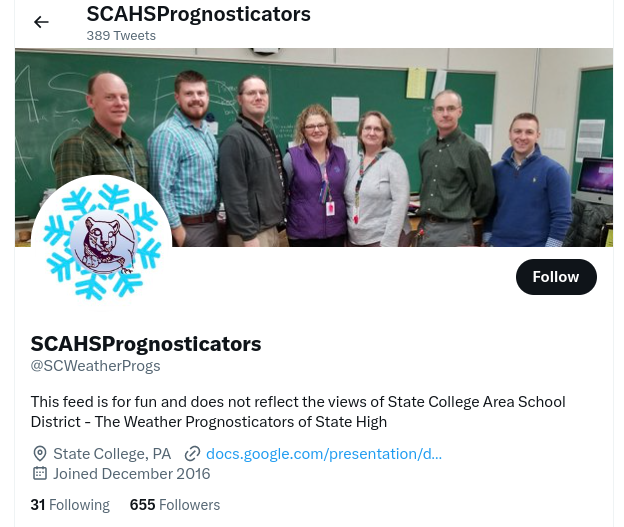
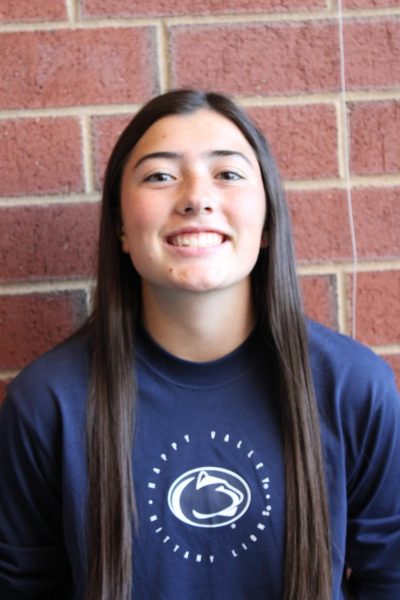
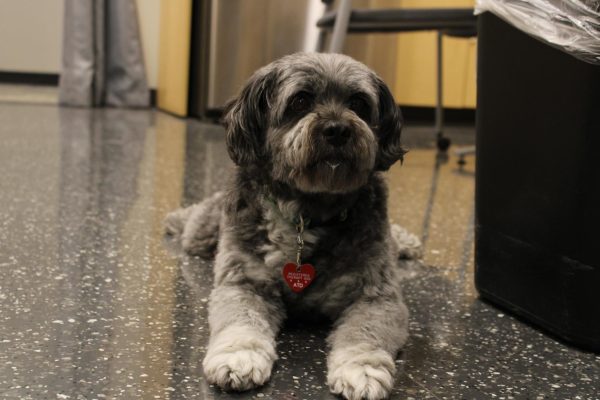
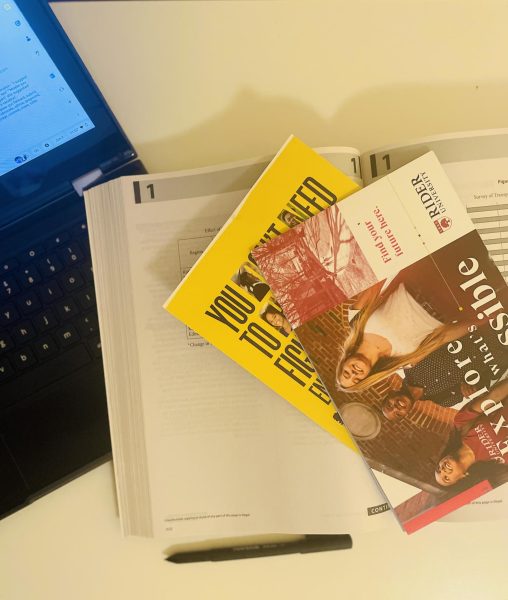
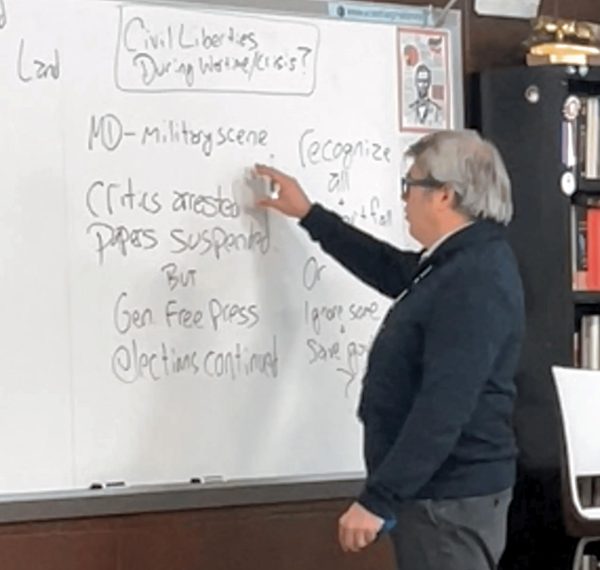
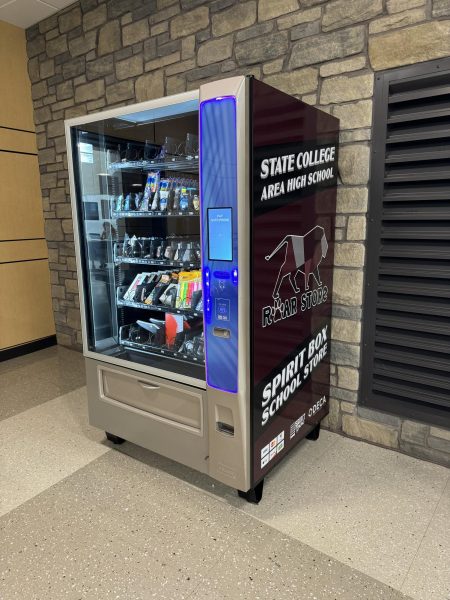
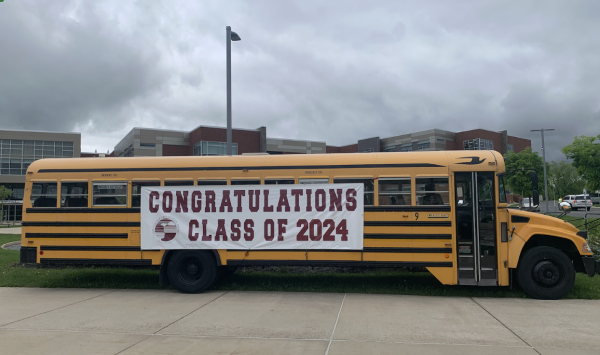
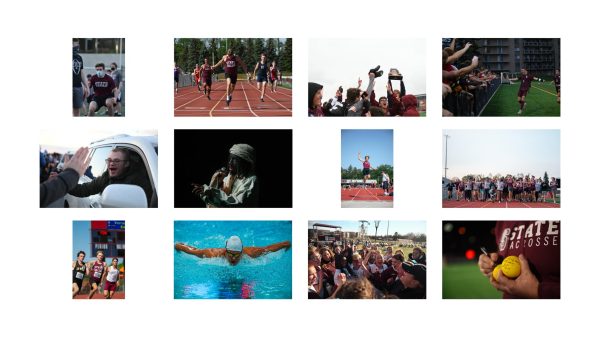
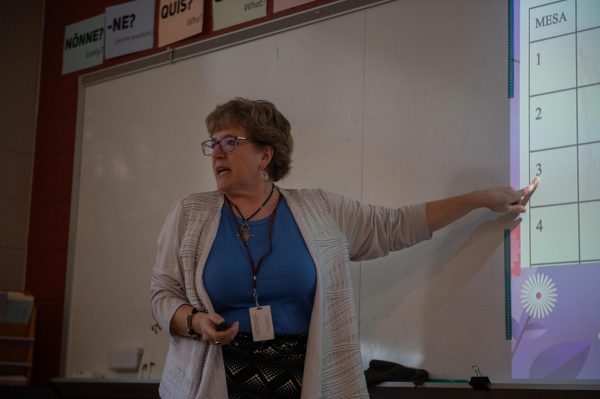
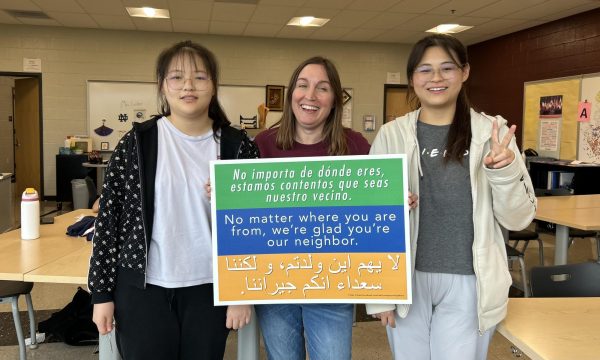
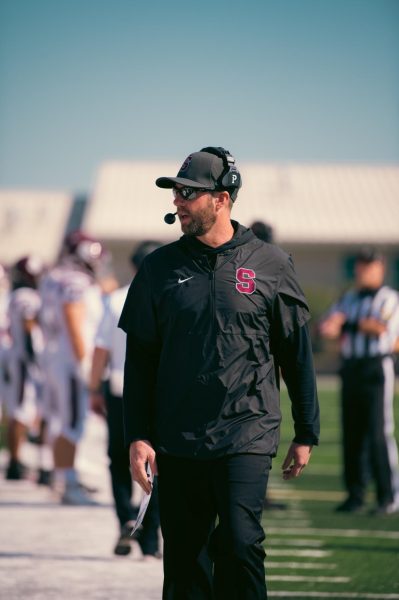
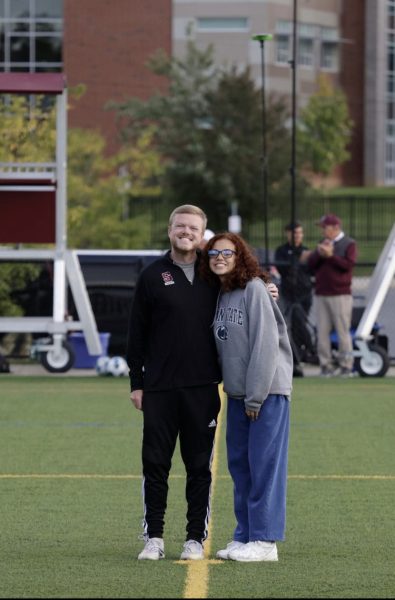
David Brown • Feb 20, 2023 at 1:13 PM
This is awesome Carley